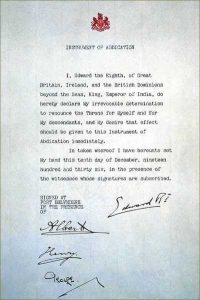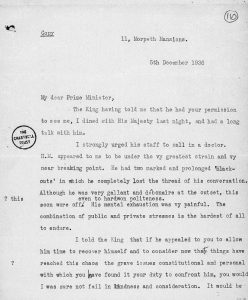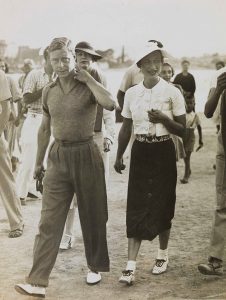
StoryElement
‘The Burden of Statesmanship: Churchill as Chancellor’

Winston Churchill, Parliament Square, London © Sue Lowry & Magellan PR
January 1, 1970
Introduced by Richard M. Langworth
‘If you laid all the economists and to end,’ said the economist Milton Friedman, ‘they would not reach a conclusion’. Churchill, who spent more time as Chancellor of the Exchequer than in any other office except Prime Minister [is this true – two periods as First Lord are probably longer?], might have agreed. He ‘restored’ the Gold Standard and ‘caused’ the General Strike which paralysed the country in 1926, and ‘abandoned’ Free Trade to ‘support’ protective tariffs, making Britain less able to endure the Depression of the 1930s.
Of course Churchill didn’t actually ‘do’ any of those things. He simply accepted the recommendations of economists. Graduate student Ryan Brown explains how all this happened, highlighting Churchill’s natural caution over what he was urged to do. Next, the Australian economist H.W. Arndt portrays Churchill’s long friendship with John Maynard Keynes (who strongly advised Churchill against the gold standard): ‘Keynes had an intellectual appreciation of Churchill’s gifts, and a warmth of sympathy for a man whose type of mind was very different from his own.’
Read the full article here: ‘The Burden of Statesmanship: Churchill as Chancellor’ by Ryan Brown and ‘The Wizard and the Pragmatist: Keynes and Churchill’ by H.W. Arndt, Finest Hour 153, Winter 2011–12, scroll to pages 12 & 20.
Subscribe
WANT MORE?
Get the Churchill Bulletin delivered to your inbox once a month.





